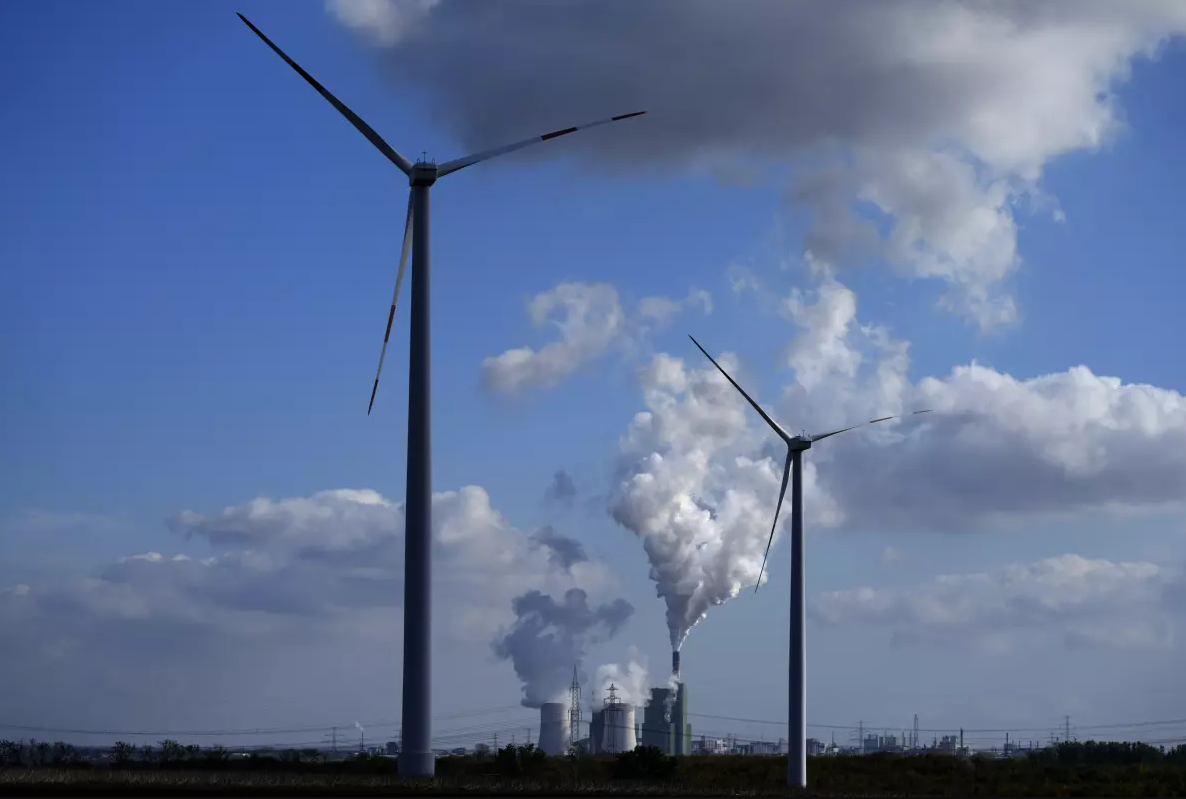
Among those who met the deadline were the United Kingdom, Brazil, New Zealand, Switzerland, and the United Arab Emirates, alongside smaller emitters such as Uruguay, Ecuador, the Marshall Islands, and Saint Lucia. However, major polluters, including India, Australia, and the European Union (which submits a collective plan for its member states), have yet to file their commitments.
A Critical Year for Climate Action
The United Nations had set the February deadline as part of a process initiated under the Paris Agreement, which requires countries to strengthen their NDCs every five years. Despite the delay, UN climate chief Simon Stiell has urged nations to take their time to ensure these plans are "first-rate." Speaking at an event in Brazil, Stiell emphasized that while the deadline has passed, the real urgency is to have all plans submitted by September to be included in a synthesis report ahead of COP30 in November.
"These national plans are among the most important policy documents governments will produce this century. Their quality should be the paramount consideration," Stiell stated. "So taking a bit more time to ensure these plans are robust and ambitious makes sense."
No Immediate Penalties, But Growing Pressure
While there is no formal penalty for late submissions, the failure of many major economies to meet the deadline has drawn criticism from climate advocates. The Paris Agreement relies on voluntary compliance, making transparency and political will critical to its success.
David Waskow, international climate director at the World Resources Institute, noted that while it is preferable to have strong commitments later in the year rather than weak ones now, the delay is worrying. "Leaders must not treat this process as a box-checking exercise. Weak plans mean a bleak future, plain and simple," Waskow warned. "2025 is the year to step up."
The Challenge of Updating Climate Plans
Several factors have contributed to the missed deadline. The last round of NDCs was delayed by a year due to the COVID-19 pandemic, meaning countries had only four years to draft their latest commitments instead of the usual five. Additionally, many developing nations face capacity constraints, having had to complete other climate reports while also working on adaptation plans.
Furthermore, political shifts in some nations have slowed climate policy progress. The U.S., which submitted its updated plan under President Biden, faces an uncertain path as former President Donald Trump, who previously withdrew the U.S. from the Paris Agreement, has signaled a rollback of climate policies should he return to office.
What Happens Next?
With the real deadline now effectively set for September, the coming months will be crucial for climate diplomacy. Countries that have yet to submit their plans are expected to face increased pressure from both international bodies and their own civil societies.
COP30, set to take place in Brazil, will be a critical moment to assess whether global commitments align with the Paris Agreement's goal of limiting global warming to 1.5°C. If too many countries submit weak or delayed plans, it could hinder global efforts to close the emissions gap and mitigate the worst impacts of climate change.
For now, the message from climate experts is clear: ambition and urgency must take precedence. As Stiell put it, "We need countries to come forward not just with plans, but with plans that match the scale of the crisis we face."